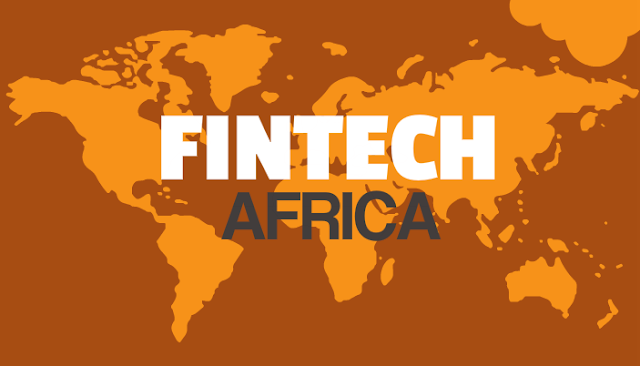An analysis of the Fintech Industry in Africa
FinTech is the short form for Financial Technology. This is the concept that envelops changes in the structure and digitization in the financial service industries. These changes result in implications in the entire African financial services. These companies consist both of startups and well established financial technology companies. FinTech services have been embraced in the African market share mainly because the continent has insufficient banking systems. It is estimated that 80% of the continent is unbanked, translating to about 330 million adult Africans who lack formal access to financial services.
According to TechBullion Fintech news, there is a huge gap that fintech startups could fill with innovative solutions in Africa. The success and startups of FinTech services have been influenced by several factors within the continent. The fact that about 90% of retail services are paid using cash when compared to Europe, where more than 50 % of payments are made electronically, creating a huge difference. Africa lacks modernity of electronic transactions infrastructure hence the opportunity for FinTech services arises. In retail services, these financial technologies have created an opportunity for banking to people who do not have access to bank accounts. In 47 out the 89 markets where mobile money is used, banks and nonbanks are permitted to offer mobile money services.
Secondly, the startup of FinTech services is a major drive to creativity and innovation in Africa, aiding in sustaining Africa's economy. Enhancing transactions within Africa and outside the continent. As compared to other continents like Europe, growth within Africa will be boosted as it is stil a fresh industry in most parts of the continent.
FinTech companies seek to create transaction solutions within certain areas. These can be in the banking and insurance business sectors. The active and profitable areas in the fintech market are in the following sectors; Data and analytics where financial institutions create a vast amount of data to help manage risks. Artificial intelligence, the creation of data to aid in decision-making and real-time human analysis. Payments, to offer new payments solutions which are secure, efficient and convenient. Digital Currencies, to generate virtual currencies that have no central monetary. Crowdfunding, funding several projects by raising by raising money from a large number of people and organizations.
Few examples of FinTech companies within Africa are M-Pesa in Kenya, the mobile money transfer solution that has changed societies in Africa since 2007 and now conquering the whole world. M-Pesa has over 20 million subscribers in Kenya and 7 million subscribers in Tanzania. Zoona founded in 2009, cellphone money transfer that has attracted over 1.5 million active customers and processed over $1 billion transactions value across 1500 agents outlets. Majorly operates in Malawi and Zambia and now expanding to other African countries. Cellulant, a Kenya-based company founded in 2004, it offers banking services, mobile payments to its customers. GetBucks founded in 2010, online system that enables customers especially the small-scale farmers in remote areas to access short-term loans and other financial aids without the need to visit a banking branch. Space Kenya Networks Limited, Web Development Company from Kenya that aims at bringing together all individual consortiums, organizations and different expertise that will drive the development of technology innovations in the African continent. All these will be made possible by the company plan to launch a blockchain incubator, BitHub.
Several challenges are facing FinTech companies in Africa. This is mainly because of the massive investment required to start up these services. Many of these companies emerge from Europe, and the creation of financial technologies is difficult with the non-existent infrastructure. Compared to westernized countries where the services are just smoothened and made user-friendly because of existing technologies. The African governments rely upon developed countries for grants and loans. This financial assistance is inadequate to promote financial technologies. It is therefore up to the interested FinTech companies to seek an alliance with other related companies from other countries for funding. Also, funding requires a lot of persistence before startup and growth of the FinTech Company. Data security is another risk involved in FinTech services. Hacking and loss of consumer information are a threat. Therefore the use of security applications is put in place to guard against such disruptions and leakage of data.FinTech services have shown significant investment globally in this century. The user-friendly applications that have been incorporated in these companies have facilitated faster and efficient financial transactions. They have changed how people pay for goods and services across the continent. Besides the few challenges involved, financial technologies are a great boost to economic development and marketing within the African continent.
References
Arner, D. W., Barberis, J. N., & Buckley, R. P. (2015). The Evolution of Fintech: A New Post-Crisis Paradigm?.



Post A Comment:
0 comments so far,add yours